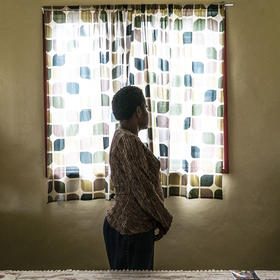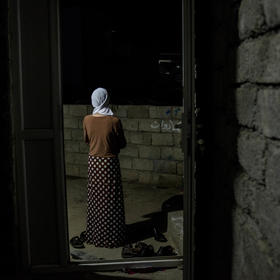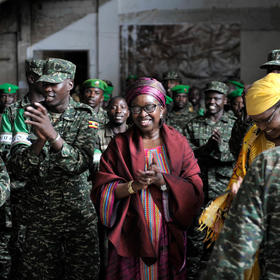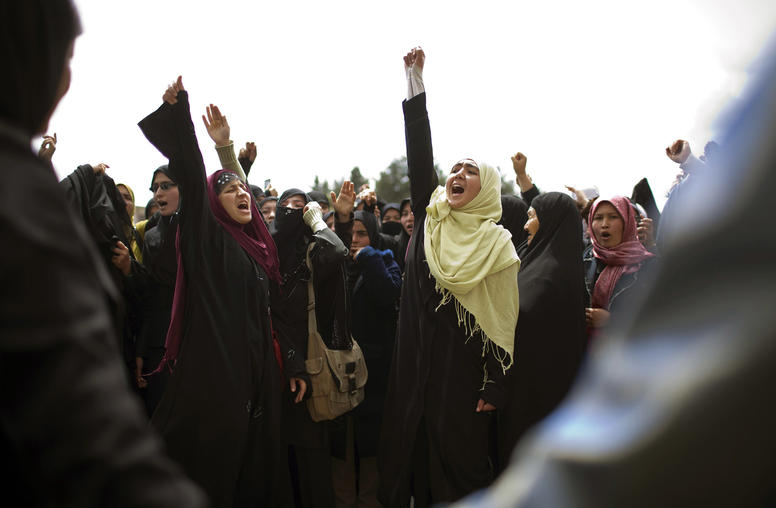WPS is a policy framework that recognizes that women must be critical actors in all efforts to achieve sustainable international peace and security. WPS promotes a gendered perspective and women’s equal and meaningful participation in peace processes, peacebuilding and security. The WPS Agenda evolved from the U.N. Security Council Resolution (UNSCR) 1325, which was unanimously adopted on October 31, 2000.
UNSCR 1325 addresses not only the disproportionate impacts of war on women but also the pivotal role women should and do play in conflict prevention, conflict management and sustainable peace efforts. UNSCR 1325’s framework consists of four pillars—participation, protection, prevention, and relief and recovery.
In a statement in 2005, the Security Council called upon U.N. Member States to continue implementing UNSCR 1325 through the development of National Action Plans (NAPs) to articulate their priorities and detail actions they will take to implement the objectives of UNSCR 1325. As of 2021, 103 countries have created and adopted NAPs.
In December 2011, President Barack Obama signed an Executive Order instituting a U.S. National Action Plan (NAP) on Women, Peace and Security (revised in 2016), making the WPS agenda an official national policy priority.
On October 6, 2017, the U.S. Women, Peace and Security Act of 2017 was signed into law by President Donald Trump. The Act mandates training for relevant government personnel on WPS issues, encourages consultation with stakeholders regarding women’s participation in peace processes, and requires that the President submit a National Strategy on WPS to Congress. The U.S. Strategy on Women, Peace and Security was released in June 2019.
The WPS national strategy outlines four primary lines of effort:
- Seek and support the preparation and participation of women in decision-making processes.
- Promote the protection of women’s and girls’ human rights.
- Adjust U.S. international programs to improve equality and empowerment outcomes for women.
- Encourage partner governments to adopt similar WPS focused plans.
On March 8, 2021, President Joe Biden signed an executive order establishing the Gender Policy Council (GPC), the first freestanding policy council focused on gender equity and equality within the Executive Office of the President. The GPC seeks to advance gender equity and equality in both domestic and foreign policy development and implementation, working in coordination with the other White House policy councils and across all federal agencies to instill a strategic, whole-of-government approach to gender equality and gender equity. The National Strategy on Gender Equity and Equality was released in October 2021.












